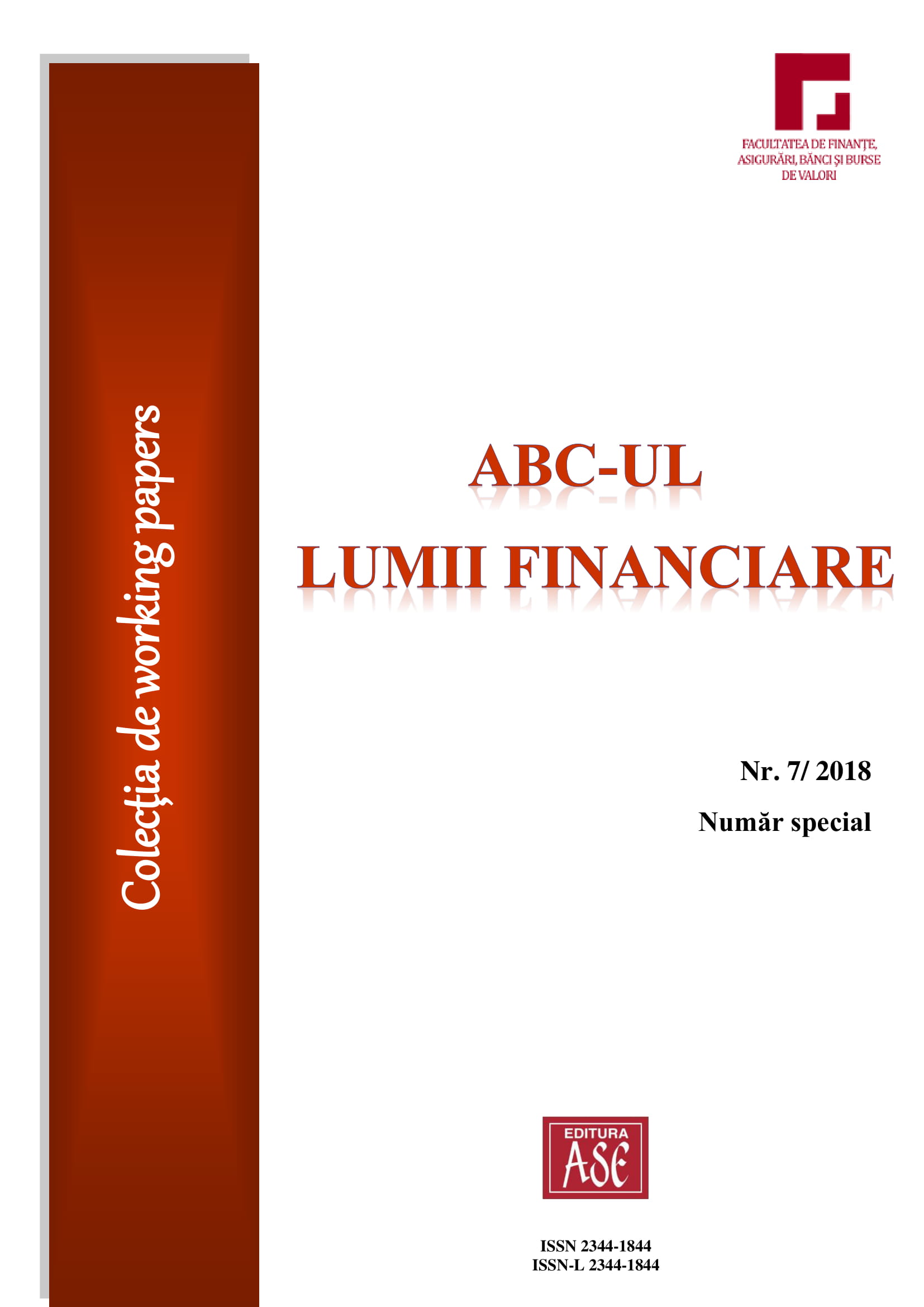Nicolae Iorga și Marea Unire. Contribuții geoistorice și geopolitice
Nicolae Iorga and the Great Union. Geohistorical and geopolitical contributions
Author(s): Clara NaeSubject(s): Cultural history, National Economy, Historical Geography, Economic history
Published by: EDITURA ASE
Keywords: Romanian’s Great Union; people’s university; national culture; geopolitical direction; the vitality theory; soft power;
Summary/Abstract: 100 years ago, the Romanian scholar Nicolae Iorga demonstrated he owned the power to move an audience, either from the university chair and the political tribune, or through scientific contributions of an impressive number of books and articles serving to ideals that have accompanied him all his life. Being one of the Romanian figures to whom we owe the consolidation of our national unity at the beginning of the 20th century, the name Nicolaie Iorga is linked at the same time and under the same context with the formulation of romanian interbelic geopolitics - as a response to the imperialist theses of the German geopolitical school, promoted by its representatives of that time, Friedrich Ratzel and Karl Haushofer. Through his Theory on the Vitality of Nations, Iorga explains the spiritual dimension of a nation seen either as a combatant against armed aggression, speaking of conquest without domination, but also as an element in the equation of the unity and continuity of a nations, applying the theory to the example of the Romanian people.
Journal: Colecția de working papers "ABC-ul Lumii Financiare"
- Issue Year: 2018
- Issue No: 7
- Page Range: 157-166
- Page Count: 10
- Language: Romanian

